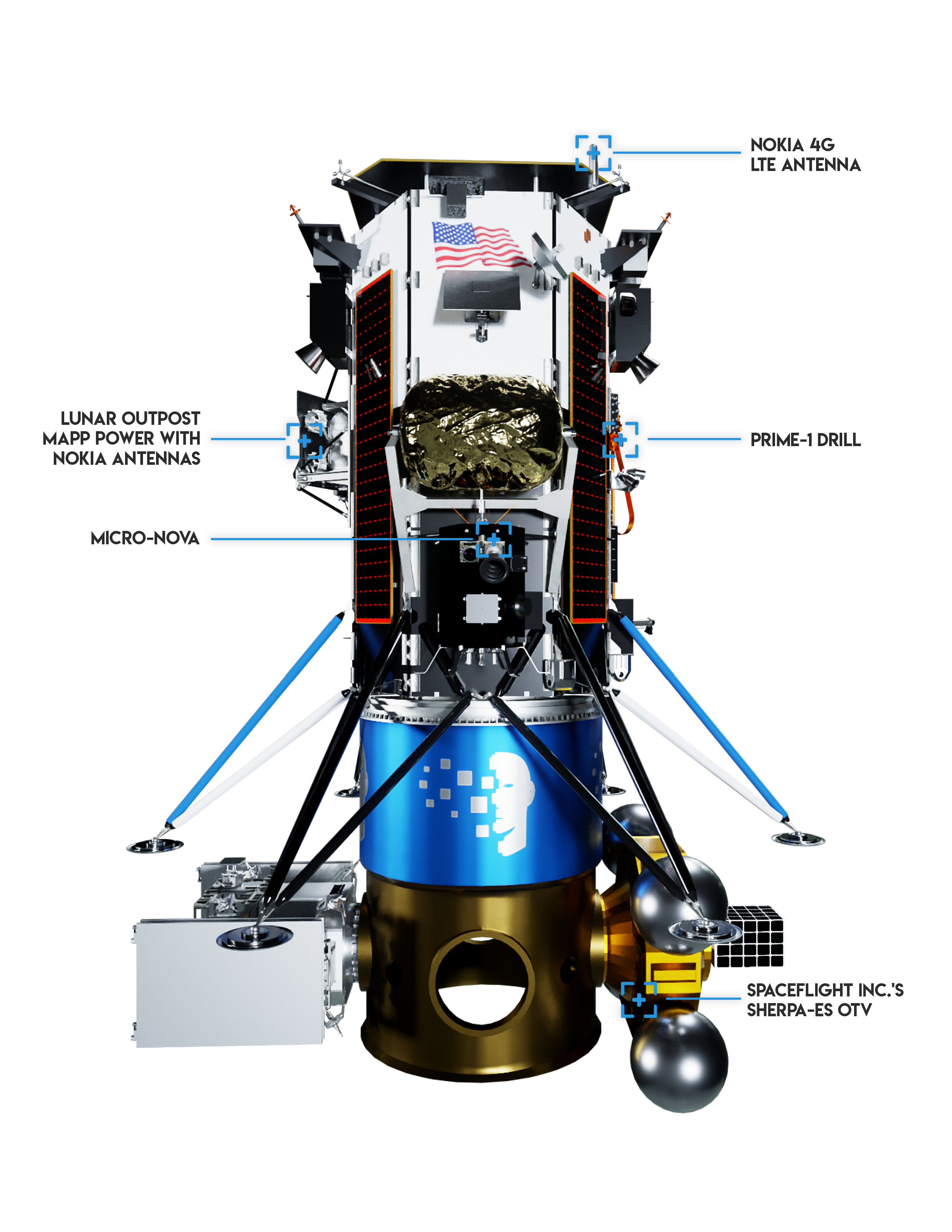Space rideshare service provider Spaceflight Inc. is going to be shuttling customers on a lunar flyby mission next year, part of its long-term vision of giving companies easy access to lunar orbits and beyond.
The Seattle-based company will be delivering payload using its propulsive transfer vehicle, Sherpa EScape, or Sherpa-ES, the latest iteration of Sherpa vehicles that the company has been testing for the past few years. The Sherpa essentially acts as last-mile space transportation, deploying payload to customers’ desired orbits after reaching outer space.
Spaceflight’s electric propulsive Sherpa-LTE flew on the SpaceX Transporter-2 mission in June, while Sherpa-LTC with chemical propulsion will launch later this year on Transporter-3. The company’s successfully deployed 50 customer spacecraft to date.
The Sherpa-ES will be delivering payloads for in-orbit refueling company Orbit Fab, which just closed $10 million in funding from two major aerospace primes, and new company GeoJump. It looks like GeoJump is also looking to get into the ridesharing business; its website bills it as offering “a new route to [geostationary orbit]” for small satellites. The mission will launch aboard a SpaceX Falcon 9 rocket.
Image Credits: Spaceflight (opens in a new window)
The rideshare is part of a robotic lunar landing mission being undertaken by Intuitive Machines, one of a handful of companies selected by NASA to be part of its Commercial Lunar Payload Services Program. Intuitive Machines will be sending its nearly 2,000-kilogram Nova-C lander to the lunar surface for a 14-day mission. The IM-1 lander will ferry around 130 kilograms of cargo.
Intuitive Machines also tapped SpaceX for its second lander mission, also for 2022. The company says this will be the first object to land at the moon’s south pole, and the first object to drill on lunar ice.